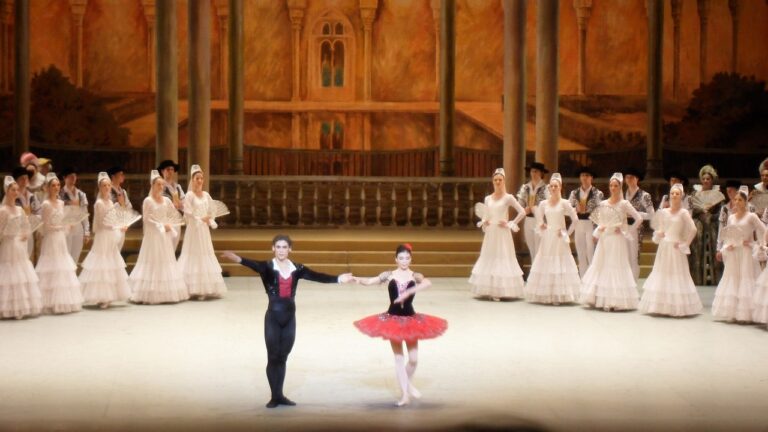Reimagining Classic Literature in Film and Television: Adaptation Trends
When it comes to bringing classic literature to the screen, filmmakers are faced with the challenge of maintaining the essence of the original work while also appealing to modern audiences. The adaptation process often requires a delicate balance between staying true to the source material and making creative choices to enhance the visual storytelling.
One of the key elements in successfully adapting classic literature for the screen is casting actors who can bring the characters to life in a way that resonates with viewers. The actors must embody the spirit of the original characters while also adding their own interpretation to create a dynamic and engaging performance. Additionally, attention to detail in costume and set design is crucial in transporting audiences to the setting of the story and immersing them in the world of the classic tale.
The Rise of Period Dramas on Television
Period dramas have steadily gained popularity on television, drawing in viewers with their captivating storytelling and elaborate production designs. From lush costumes to intricate set designs, these shows transport audiences to different time periods, immersing them in historical worlds filled with romance, intrigue, and drama. The attention to detail in capturing the essence of past eras adds to the authenticity and appeal of these series, creating a visual feast for viewers.
The rise of period dramas on television has provided a platform for storytelling that explores various aspects of history, culture, and society. Through these shows, audiences are given the opportunity to delve into different time periods, gaining insight into the customs, traditions, and challenges faced by characters living in the past. This exploration of historical settings not only entertains but also educates, shedding light on different eras and bringing the past to life in a way that resonates with contemporary audiences.
Exploring Diversity in Adaptations of Classic Literature
Diversity in adaptations of classic literature has become a focal point in recent years, as filmmakers and showrunners strive to reflect a more inclusive representation of society on screen. Through casting choices, story alterations, and thematic nuances, many adaptations have taken steps to incorporate diverse perspectives and voices into beloved works of the past.
One notable aspect of this trend is the reimagining of traditional characters with diverse backgrounds. By depicting protagonists and supporting characters from different ethnicities, cultures, and sexual orientations, these adaptations aim to broaden the appeal of classic stories to a more diverse audience while also bringing fresh interpretations and perspectives to timeless narratives.
• One way adaptations are diversifying classic literature is through casting choices that reflect a more inclusive representation of society.
• Another aspect is the incorporation of story alterations to include diverse perspectives and voices in beloved works of the past.
• Thematic nuances in adaptations also play a role in exploring diversity by bringing fresh interpretations and perspectives to timeless narratives.
Why are adaptations of classic literature so popular on screen?
Adaptations of classic literature are popular on screen because they allow audiences to experience beloved stories in a new and visually engaging way.
How have adaptations of classic literature evolved over time?
Adaptations of classic literature have evolved to be more diverse and inclusive, featuring a wider range of perspectives and characters.
What are some examples of diverse adaptations of classic literature?
Some examples of diverse adaptations of classic literature include modern retellings of classic stories with diverse casts and settings that reflect our multicultural society.
Are adaptations of classic literature faithful to the original text?
While many adaptations of classic literature strive to stay true to the original text, some take creative liberties to update the story for a modern audience or to explore new themes and perspectives.
Why is diversity important in adaptations of classic literature?
Diversity in adaptations of classic literature is important because it allows for a more inclusive representation of society and helps to bring new voices and perspectives to these timeless stories.







